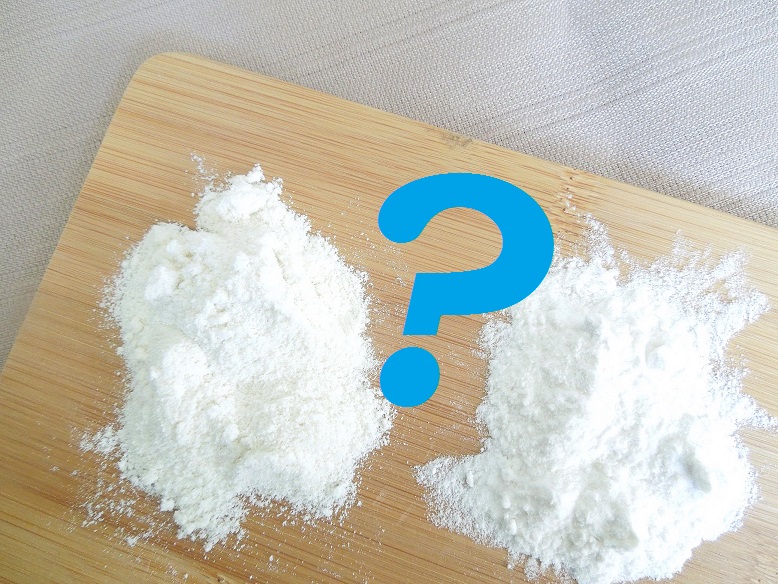Glycine
Glycine is produced in the body from the amino acids serine and threonine, but is also abundant in food. In addition to being one of the building blocks for glutathione, glycine is found to be useful in assisting with the absorption of calcium in the body. This amino acid is also important in the manufacture of hormones responsible for a strong immune system.
Glycine is also an inhibitory neurotransmitter in the central nervous system (especially in the spinal cord, brainstem, and retina of an eye), which makes it important to help prevent epileptic seizures.
Glycine helps in slowing down the degeneration of muscles since it helps to supply extra creatine in the body. It is also found in fairly large amounts in the prostate fluid and may for this reason be important in prostate health.
In its solid crystallized form, glycine is a free-flowing, sweet-tasting crystalline material used by the industry as a sweetener and taste enhancer.
Estimated average daily intake of glycine from food is 2-10 g.
Food sources of glycine: abundant in high protein foods like fish, meat, beans, nuts and dairy products.
For the list of select foods and glycine content in them click here.
Return to Glutathione Precursors
Return to Glutathione
Return to Home



